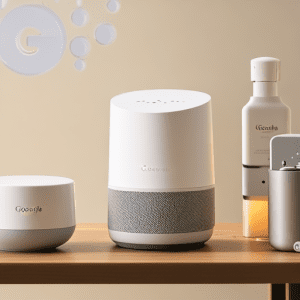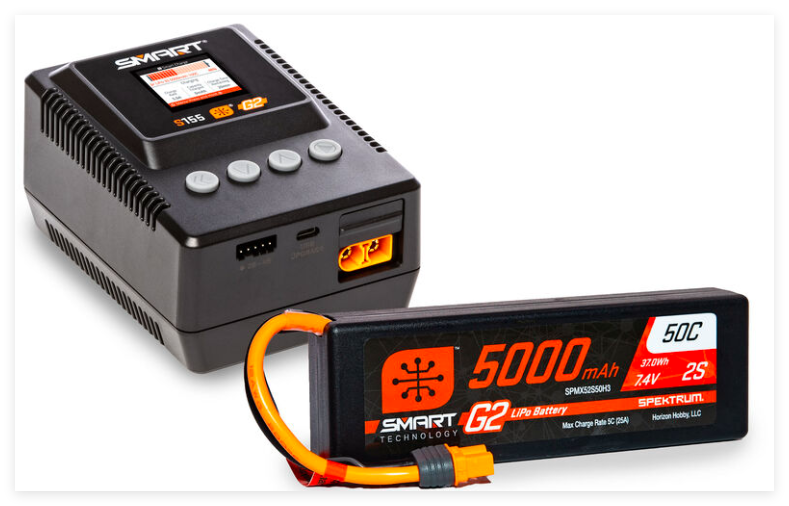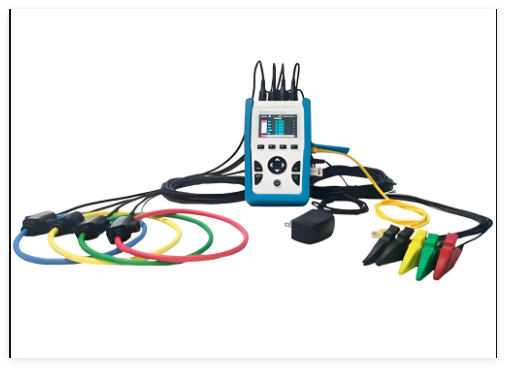The Evolution and Integration of Smart Home Devices: A Comprehensive Overview
Google’s Smart Home Devices: Pioneers in Connectivity
Google has been at the forefront of the smart home revolution, offering a suite of devices that seamlessly integrate with its ecosystem. From the Google Nest Hub to the Google Home Mini, these devices are designed to enhance daily life with their intuitive voice control and smart features. Google’s smart home devices are renowned for their ability to learn user preferences, providing personalized experiences. With Google Assistant at the core, users can control their home’s lighting, temperature, and security with just a few words. The integration of Google’s devices with other smart home products ensures a cohesive and user-friendly environment.

The Best Smart Home Devices: A Curated Selection
When it comes to the best smart home devices, the market is flooded with options. However, a few stand out for their reliability, ease of use, and advanced features. Devices like the Amazon Echo and Ring Video Doorbell have set the standard for voice-activated control and home security. The Philips Hue system leads the way in smart lighting, offering a range of bulbs that can be controlled remotely and set to change colors and brightness according to the user’s mood or schedule. The best smart home devices are those that offer a balance of functionality, aesthetics, and compatibility with existing home systems.
Matter Smart Home Devices: The Future of Standardization
The introduction of Matter smart home devices is a significant step towards a more standardized and interoperable smart home landscape. Matter is a new standard developed by the Connectivity Standards Alliance (CSA) to ensure that smart home devices from different manufacturers can work together seamlessly. This means that a Matter-enabled light bulb can be controlled by a voice assistant from another brand without any compatibility issues. The adoption of Matter will likely simplify the setup process and reduce the frustration associated with integrating multiple smart devices into a single home network.
Apple’s Smart Home Devices: A Seamless Ecosystem
Apple’s approach to smart home devices is characterized by its focus on a unified ecosystem. With the HomeKit framework, Apple ensures that its smart home devices work harmoniously with each other and with the user’s Apple devices. From the Apple TV acting as a hub to the HomePod providing voice control, Apple’s smart home devices are designed to offer a seamless and secure experience. The use of the Apple Home app allows users to manage all their smart home accessories in one place, creating scenes and automations that make daily life more convenient and efficient.
Conclusion: The Smart Home Landscape and Its Advancements
The smart home industry is rapidly evolving, with new devices and technologies emerging regularly. Google, Amazon, Apple, and the upcoming Matter standard are all contributing to this advancement. As we move towards a more connected and intelligent living environment, the importance of choosing devices that offer compatibility, ease of use, and advanced features cannot be overstated. The future of smart homes looks bright, with the potential to make our lives more comfortable, secure, and efficient than ever before.
This article has provided an overview of the current state of smart home devices, highlighting the contributions of major players like Google and Apple, the significance of the best devices in the market, and the promising future with the introduction of the Matter standard. As the technology continues to develop, we can expect our homes to become even smarter and more integrated, offering a higher quality of life for users worldwide.



Post Comment